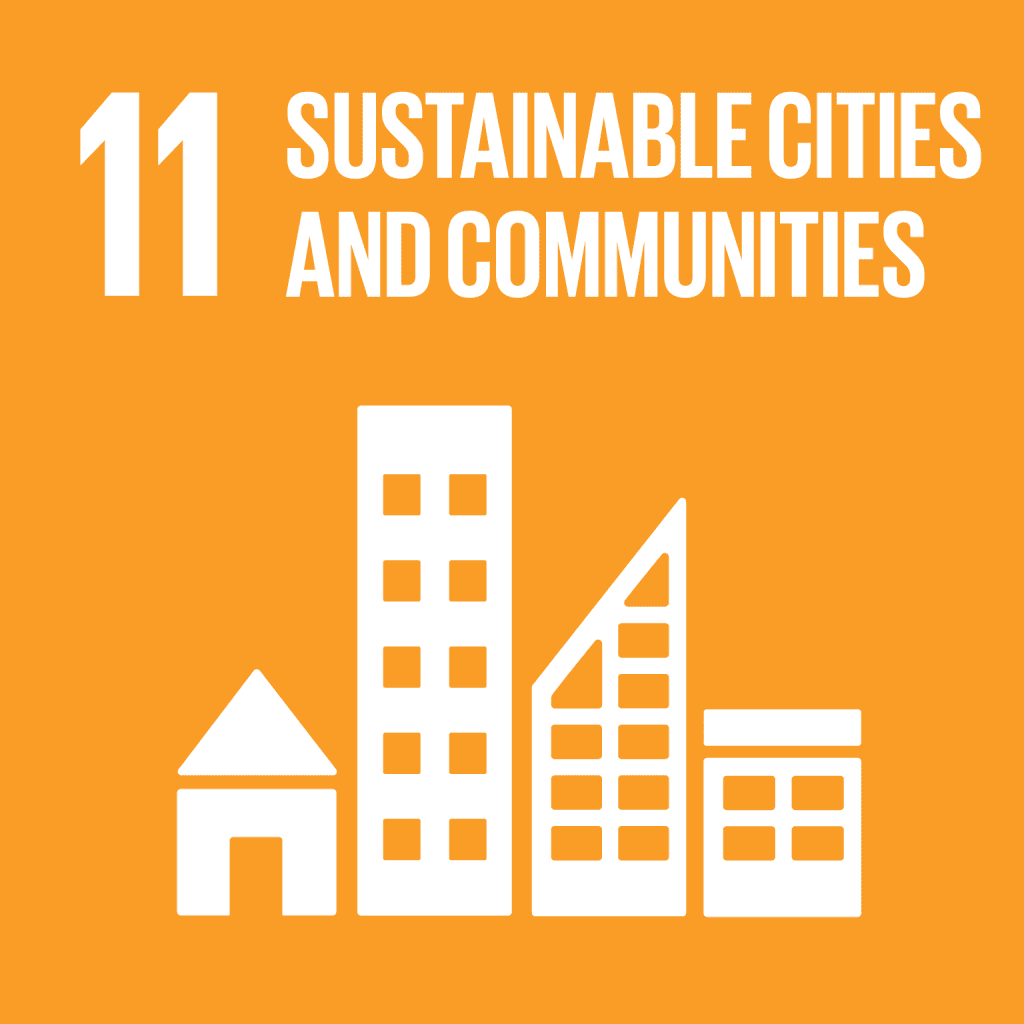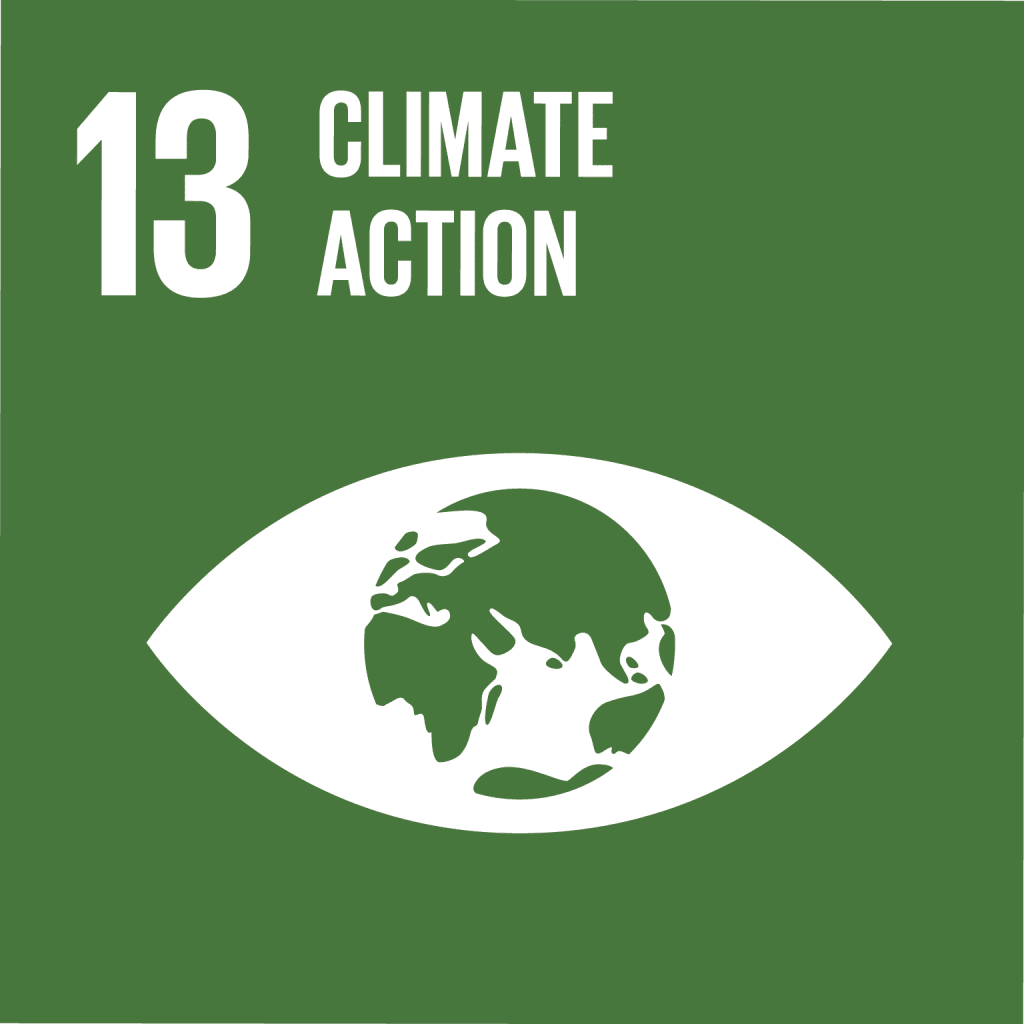The University of Worcester set a target to be net-zero carbon by 2030. We think students and staff working together on projects they’ve designed is the best way to do this. Credits listed below, Edited by Rosie Bramwell.
Above: Highlights – University of Worcester – Net Zero Carbon by 2030
Transcript
University of Worcester – Net Zero Carbon by 2030
Katy Boom – Director of Sustainability, Presenting
Jess Tasney – Carbon Reduction and Sustainability Manager, Data
James Atkins – Technician, Drone Footage
Molly McMahon – Digital Creative Assistant, Filming
Aly Elsaid – Digital Creative Assistant, Editing and Graphics
With support and additional material from Digital Creative Assistants Rosie Bramwell, Charlie Marston and Diego Arachchi
Direct Carbon
Having declared a climate emergency in 2019 we set a target to be net-zero carbon by 2030 for both direct and indirect carbon emissions. Our total carbon footprint in the academic year 2018/19 was about 22,000 tonnes. This is our baseline year.
In 2022-3 it had increased to over 32,000 tonnes. Direct carbon has reduced by 25%, but our indirect carbon is up by 63%. Why is this?
Direct carbon is produced by the energy we use and the fuel for our vehicles. It is called direct because we own and control these. This has reduced because of changes to lighting, heating, on-site renewable
energy and changing to electric vehicles. Lighting is predominantly LEDs, and by adding double glazing and insulation we have improved energy efficiency of our buildings. We installed solar thermal and PV panels to heat our water and generate our own electricity.
We’ve also expanded our building management system to help us control temperatures in response to weather conditions and heat buildings to 19 degrees. We can also save carbon and money by sharing heating and cooling and create a community heat network. The university is working to see if we can do this in Worcester. Government funding has appointed consultants to work on a design to use the river as the heat source.
Indirect Carbon
Indirect carbon refers to what we have less control over changing. Most of our indirect carbon emissions are from what we buy, and by staff and student travel. Together this made up 29,000 tonnes in 2022-23.
To reduce commuting carbon, we installed 100 electric vehicle charging points on Severn Campus, one of the largest single installations in the country. Students are working with a global travel planning app which provides small rewards from local businesses for travelling sustainably. To reduce procurement emissions, we work with our suppliers and give them free access to a tool to help them work with their supply chains to reduce their emissions and include carbon reduction commitments when awarding contracts.
To be net zero by 2030, we aim to reduce our carbon first. Then will we invest in credible schemes that will take carbon out of the atmosphere, such as planting trees and soil conservation projects. In short, we are aiming to be low carbon and high nature. Our biggest area of impact are our students and staff – around 11,000 people.
To help reach zero, people need to understand carbon and high impact solutions for reducing it. We offer 8 hours of carbon literacy training to all. It is important when our students graduate, they leave with the skills, knowledge and experience of climate action and sustainability. We think students and staff working together on projects they’ve designed is the best way to do this.
Student and Staff Projects at The University of Worcester:
- Hazaar, a zero waste online swap shop for students
- A visual style for the staff mental health network
- Introducing ergonomic and energy saving cleaning methods
- Nature cams on campus supporting wellbeing
- Take a break campaign
- Peaceful spaces to decompress
- Bringing the climate emergency into education
- Hedgehog highways and conservation
- Teaching children sustainability through library activities
- Promoting low carbon meals in the canteen
- Encourage sustainable travel to campus
- Swapped paper systems to digital
- Move the world. Teaching children sustainable development goals
Teaching and Research Projects
– My name is Elena Lengthorn. I work in the School of Education. We introduce the SDGs in the core professional studies program for all our secondary teachers in training. It includes the background to the goals, a critical evaluation of the roles and responsibilities of educators, and insights on how the SDGs can be taught in practice. This year we held an educator climate assembly to support the development of a course on education in a climate emergency. This innovative program includes elements of carbon literacy and nature connectedness, climate anxiety and the SDGs.
– My name is Paulo Mora and I teach brand management. Nowadays consumers demand sustainable and responsible brands and small and large corporations are using the United Nations Sustainable Framework. My students implement the same tools used by these companies to measure their impact and identify areas for possible strategic development.
– Hello, my name is Rachel Cooper. I teach responsible business and accounting and finance at Worcester Business School. How are we going to finance zero carbon?
Businesses are looking for graduates with knowledge, skills, and experience to make this happen.
Our aim is to inspire future business leaders and we bring experts in to explore what is really happening. How do businesses report and deliver results? There is momentum and our graduates are ready.
– Hi, I’m Daniel and as a psychologist, I’m interested in social forces on our behaviour, including altruism such as kindness and helping behaviour and the role it can play in romantic long-term relationships. In a paper published recently, we looked at pro environmentalism. We found that people find it desirable in long-term partners and, we display it more in the presence of potential partners. In our courses here in psychology, we look at global themes, including climate change and the environment so that students can understand the role of psychology and helping make a difference in the world.
– My name is Alan Dixon and I’ve been doing research and teaching in sustainable development for over 25 years and I’m looking at the interrelationships between society and the environment in Sub Saharan Africa. I’ve been exploring how wetlands contribute to food security, poverty reduction and climate resilience and work with different stakeholders to develop wetland management strategies that balanced development with environmental sustainability. This informs the teaching on our geography courses such as our fieldwork to Malawi, where students gain first-hand experience of sustainability and climate change issues in the global South.
– I’m Ian Maddock and I’m a geographer and professor of River Science. My research involves investigating ways to use un-crewed aerial vehicles or drones to map and measure rivers, in particular their morphology in their flows. At Worcester, we’re also using drones to monitor soil erosion and provide evidence of the best farming practices to reduce soil run-off into rivers that can cause pollution. Rivers have suffered greater ecological declines than any other part of our natural environment and the results of this research can help us restore our rivers and enhance biodiversity.
Credits
Big thanks to the susthingsout.com Digital Creative Team for putting this video together, to Sheridan Courtney for the video footage for Professor David Green, University of Worcester Vice-Chancellor and Chief Executive, CBE – and to the students and staff who are embedding sustainability into their teaching and research projects at The University of Worcester.
How can you get involved? Check out our Carbon Literacy Training in Worcester post for more!


Great to see the hard work and dedication to integrating sustainability into the campus, curriculum and community. Fascinating areas of teaching and high impact research to help us build a better future!
We still have a few in-person spaces for the event on Monday if local businesses, organisations, students or staff would like to attend. Do get in touch if you have any ideas for projects or collaborations, all ideas welcome k.boom@worc.ac.uk